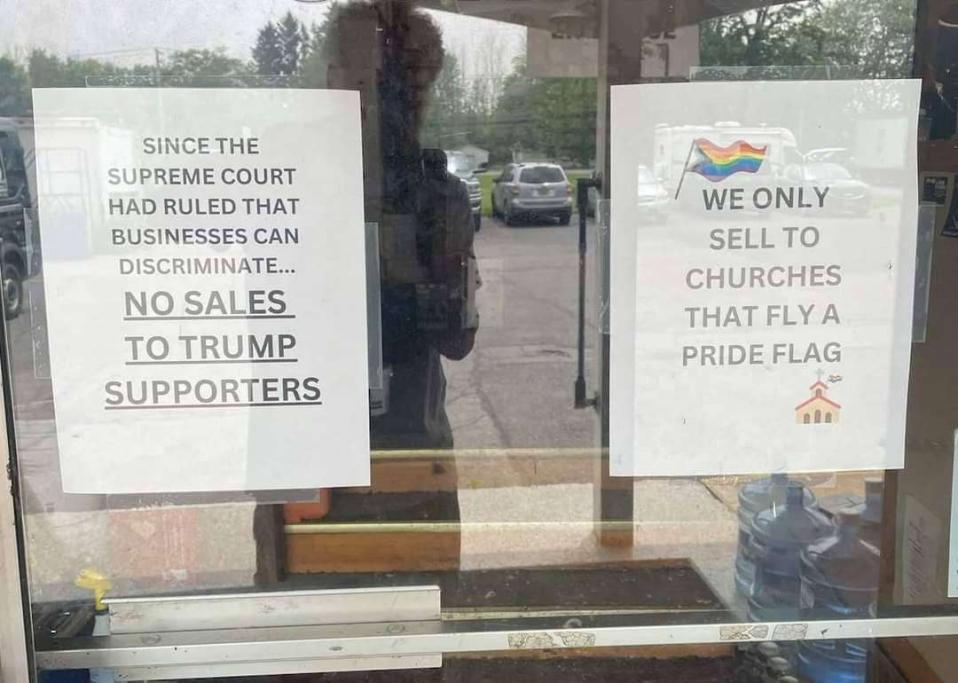this post was submitted on 01 Jul 2023
2573 points (94.1% liked)
Malicious Compliance
19547 readers
2 users here now
People conforming to the letter, but not the spirit, of a request. For now, this includes text posts, images, videos and links. Please ensure that the “malicious compliance” aspect is apparent - if you’re making a text post, be sure to explain this part; if it’s an image/video/link, use the “Body” field to elaborate.
======
-
We ENCOURAGE posts about events that happened to you, or someone you know.
-
We ACCEPT (for now) reposts of good malicious compliance stories (from other platforms) which did not happen to you or someone you knew. Please use a [REPOST] tag in such situations.
-
We DO NOT ALLOW fiction, or posts that break site-wide rules.
======
Also check out the following communities:
[email protected] [email protected]
founded 1 year ago
MODERATORS
you are viewing a single comment's thread
view the rest of the comments
view the rest of the comments

This was always legal. I'm an attorney, I do not represent any Trump supporters. If a client says something favorable about trump, they are no longer my client. They are just too stupid, judgement too poor, don't understand difference between reality and fantasy. They make the absolute worst clients.
I'm not sure about discrimination against customers based on ideology, but I'm pretty sure you can't discriminate against customers based on protected class (sex, race, orientation, etc.) What this supreme court case does (IIUC) is that companies are now allowed to not provide services to protected classes if those services constitute speech. So if you are a restaurant owner, or a hotel, you still can't refuse a gay couple, if you are a cake designer, you can't refuse to make a cake, but you can refuse to do anything remotely gay-related to that cake, if you are a web designer, you can refuse to make something altogether because the government can't restrict or compel speech (and graphic design is speech).
This is a problem with the US legal system. Every decision is a precedent, no matter how specific it is.
Well, Roe v Wade set a precedent, which was then reverted ~50 years later, so I'm not sure how much precedents apply to the supreme court (it definitely applies to lower courts tho)